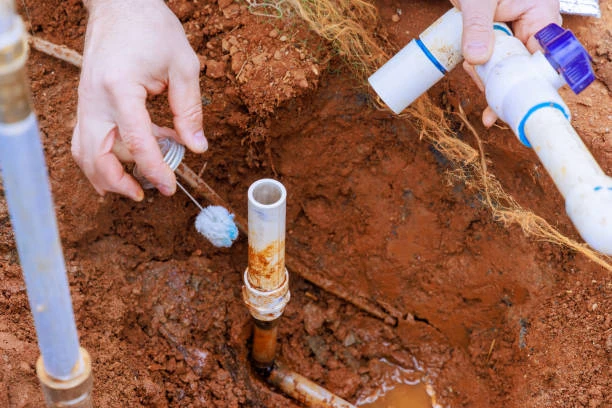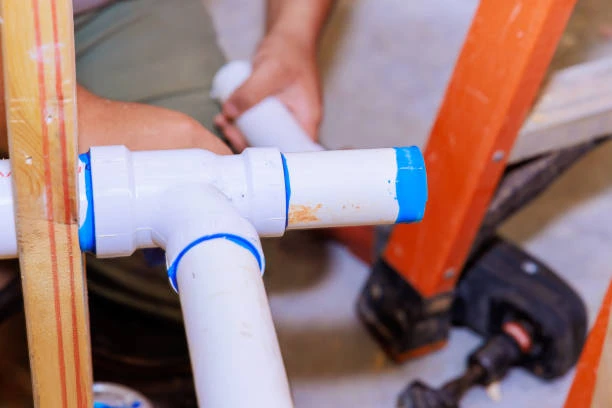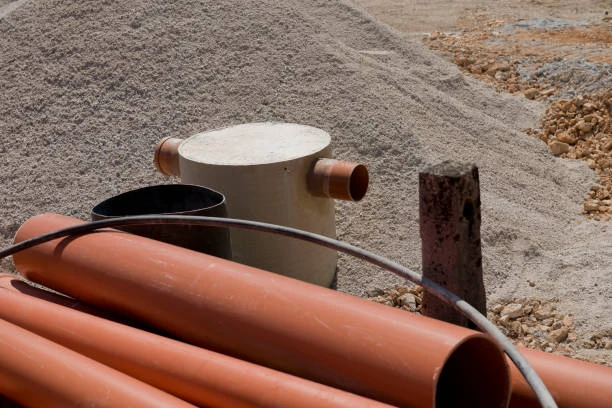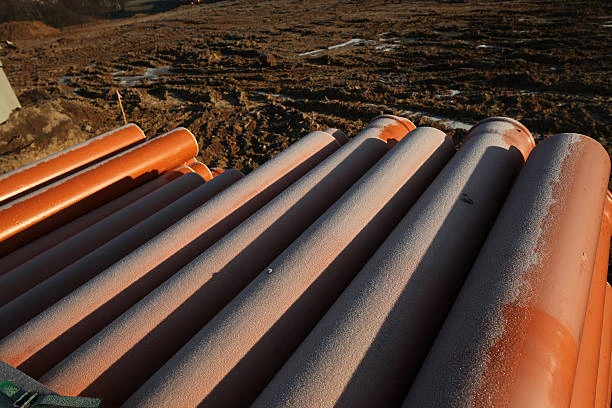In a recent groundbreaking ruling, Brazil’s competition authority, CADE (Conselho Administrativo de Defesa Econômica), convicted a cartel involved in procurement processes for PVC pipe and fittings. This decision marks a critical step in safeguarding fair competition and preventing anti-competitive practices that harm both industries and consumers.
What is CADE?
CADE is Brazil’s regulatory body responsible for enforcing competition laws and promoting a fair market environment. It ensures that companies do not engage in anti-competitive behavior, such as price-fixing or bid-rigging, which can distort market dynamics and hurt consumers. Established in 1962, CADE has played a pivotal role in regulating monopolies and promoting economic freedom in Brazil.
Understanding PVC Pipes and Fittings
PVC (Polyvinyl Chloride) pipes and fittings are essential materials used across industries like construction, plumbing, and irrigation. Known for their durability, cost-effectiveness, and resistance to corrosion, these materials are vital for large infrastructure projects. Their flexibility in different environments makes them a staple in modern-day utilities and public works projects.
The Cartel Scheme in Procurements
A cartel is a group of companies that agree to manipulate market conditions by fixing prices, limiting supply, or rigging bids. In this case, several companies involved in the supply of PVC pipe and fittings colluded to rig the bidding process for government procurement contracts. By artificially inflating prices, these companies compromised free market competition and drove up the cost of public works projects.
How the Cartel Was Exposed
CADE launched an in-depth investigation into procurement irregularities after receiving reports of possible cartel activities. Using a combination of whistleblower testimonies and leniency agreements with participating firms, CADE collected sufficient evidence. These agreements incentivized key players in the cartel to confess their involvement in exchange for reduced penalties.
Details of the Conviction
The judicial process concluded with significant penalties for the companies and individuals involved. Multiple firms were fined, and some were banned from participating in future public contracts for several years. The total penalties amounted to millions of Brazilian reais, sending a strong message to the market about the consequences of anti-competitive behavior.
Impact on the PVC Industry
This conviction sent shockwaves through the PVC Pipe and Fittings supply chain. In the short term, suppliers and manufacturers are re-evaluating their procurement processes to ensure compliance with legal standards. For the construction and infrastructure sectors, this decision promotes fairer pricing structures and greater competition in the future. Public confidence in the procurement process has also been restored.
Lessons Learned from the Case
This case emphasizes the importance of maintaining transparency in procurement processes. Businesses, especially those involved in public contracts, must follow clear guidelines and ensure their operations are in line with legal requirements. Additionally, governments need to remain vigilant, using CADE’s tools and expertise to monitor procurement activities.
CADE’s Future Role in Monitoring Cartels
CADE has announced plans to intensify its surveillance of cartel activities, particularly in sectors like PVC where public contracts are involved. The authority will continue collaborating with international competition bodies to strengthen enforcement and ensure that Brazilian markets remain competitive and free from collusion.
The Importance of Fair Competition in Procurement
Fair competition benefits the entire economy. It drives innovation, keeps prices reasonable, and ensures that consumers and taxpayers get the best value for their money. Cartels disrupt this balance by manipulating markets to their advantage, which ultimately hurts consumers and businesses that play by the rules.
What Consumers Can Learn
Although cartels operate behind the scenes, their actions have direct consequences for consumers. Inflated prices in public procurement projects, for instance, mean higher costs for infrastructure development, which is ultimately passed on to taxpayers. Consumers can help by being aware of procurement practices and reporting suspicious activities to authorities.
Preventing Cartels in the Future
To prevent future cartel formations, companies must prioritize compliance programs and ethical business practices. Businesses should engage with industry associations that promote fair competition and educate their teams about the risks and penalties associated with cartel behavior.
How CADE’s Rulings Benefit the Economy
By convicting cartels, CADE ensures that markets function more efficiently, leading to fairer pricing, better innovation, and overall economic growth. The conviction in the PVC case not only brings justice but also strengthens the trust that businesses and consumers have in regulatory authorities.

Challenges in Regulating the PVC Sector
The global nature of PVC production and its widespread use make it challenging to regulate. Supply chains are complex, and collusion can be difficult to detect without substantial cooperation from multiple parties. Nonetheless, CADE’s success in this case highlights the effectiveness of thorough investigation and international collaboration.
Conclusion
The conviction of the PVC procurement cartel by CADE serves as a crucial reminder of the importance of competitive markets, especially in industries like PVC pipes and fittings, which are essential for infrastructure projects. This case sets a strong precedent for future actions against anti-competitive behavior, emphasizing the critical need for transparency and fairness in public procurement processes. PVC pipes and fittings are vital materials used in construction, plumbing, and water management systems, and when collusion distorts their market prices, it not only drives up costs for public projects but also limits innovation and access to affordable, high-quality products. As CADE continues to monitor the PVC sector, the expectation is that fair practices will be reinforced, ensuring that both businesses and consumers benefit from healthy competition, lower prices, and improved product quality in the long term.
FAQs
- What is a procurement cartel?
A procurement cartel is a group of companies that collude to rig bids or fix prices during public procurement processes, harming competition and inflating project costs. - How does CADE investigate cartel activities?
CADE uses a variety of investigative tools, including whistleblower reports, leniency agreements, and evidence collection, to expose and convict cartels. - Why is the PVC pipe and fittings industry important?
PVC pipes and fittings are essential for construction, infrastructure, and public works projects due to their durability and cost-effectiveness. - What are the penalties for cartel participation in Brazil?
Penalties include hefty fines, exclusion from future public procurement processes, and potential criminal charges for the individuals involved. - How can businesses avoid becoming involved in cartels?
Businesses should adopt strict compliance programs, educate employees on competition laws, and avoid any agreements that restrict free competition.


















